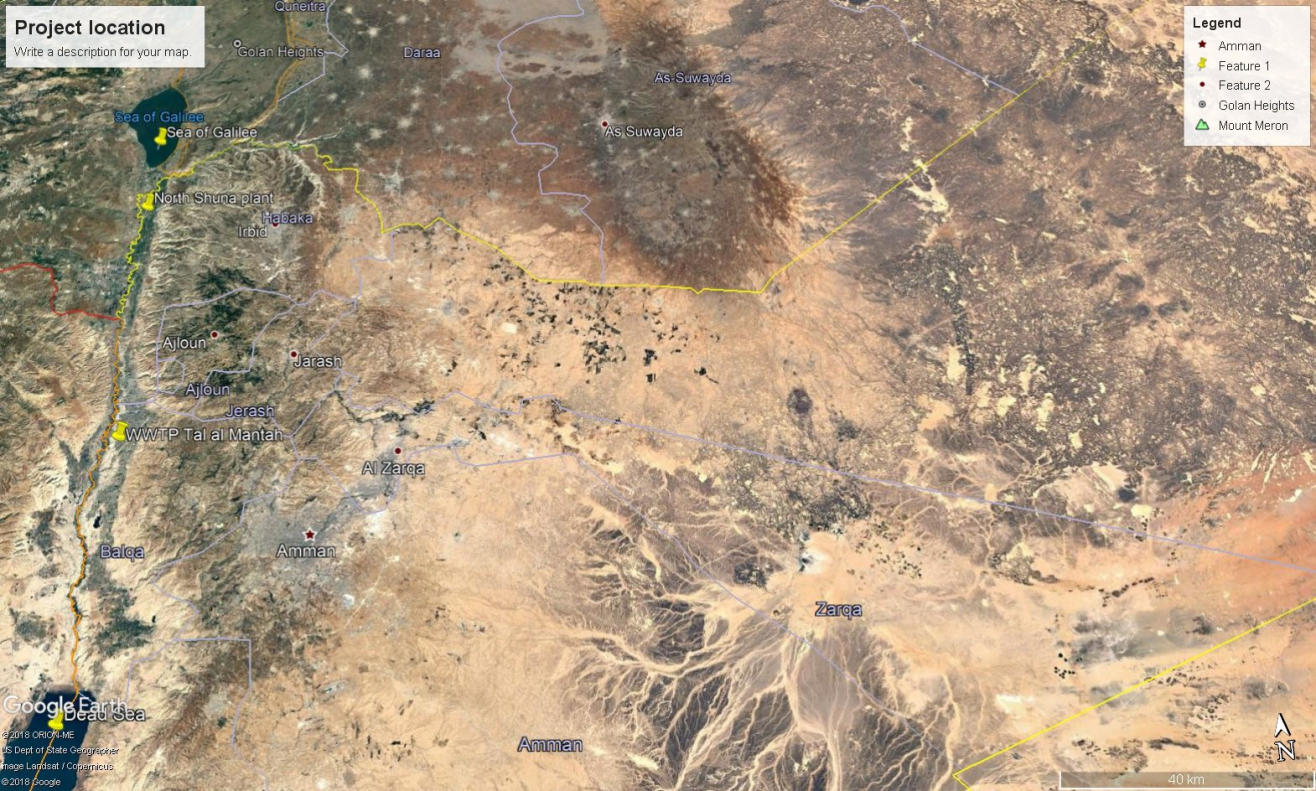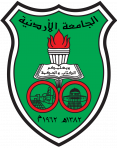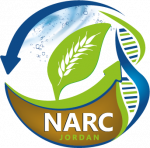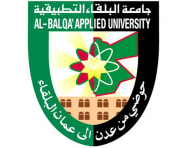Project information
Jordan is one of the most water-scarce countries in the world. Water resources (groundwater, surface water) are decreasing in quantity and under threat of pollution, while water demand is increasing. Urban water demand has increased significantly due to the influx of refugees over the last years. Therefore, more efficient use of water is required for the largest water consumer in the country which is agriculture. The availability of fresh water for agriculture is expected to decrease, until the point where no fresh water at all will be available for agriculture anymore. Apart from the rainfall, agriculture will therefore increasingly rely on reclaimed (treated) wastewater and on desalinated brackish groundwater. Development of these resources, in parallel with more efficient use in agriculture is required to maintain or improve the livelihood of farming families in the country.
Project area
The project focus is on the North-Shuna and Middle Shuna area of the Jordan valley where is the major production area in Jordan for irrigated crops. Morover, there are opportunities in the North-Shuna and Middle Shuna area for treated wastewater reuse and use of desalinated brackish groundwater.

The Jordan Valley, between the Sea of Galilee and the Dead Sea, with the North-Shuna and Tal al Mantah WWTP
Opportunities for improvement
Farmers use water from both surface water, groundwater and treated wastewater. However, there are some problems and opportunities to improve the system:
Firstly, the three water resources are not sufficient in quantity to satisfy the demand from agriculture.
Secondly, the efficiency of water use in agriculture (crop per drop) is not optimal.
Thirdly, the desalination plants may be running sub-optimal and are only affordable for the larger farmers and therefore may not support livelihoods of smaller farmers.
Fourthly, collection systems for wastewater produced in the valley hardly exists and therefore treatment and reuse of the locally produced wastewater is hardly practiced.
Project goal
This project aims to evaluate the use of reclaimed (treated) wastewater and desalinated brackish groundwater for aggriculural use by combined applied research and capacity strengthening activities.
Objectives
To provide Jordan Valley stakeholders with additional knowledge and skills to promote more efficient and equitable use of recycled wastewater and brackish groundwater in agriculture.
- This project allows the planners of Jordan Valley Authority (JVA) and the Water Authority of Jordan (WAJ) to have better information on the water productivity in the project area, which they could use to fine-tune their ongoing planning processes.
- Water productivity in the region is expected to be improved by training farmers to improve water productivity.
- The Tal al Mantah and/or North Shuna wastewater treatment plants will be operated more efficiently and a plan for reuse of the effluent from the treatment plant(s) will be presented to stakeholders/planners/decision makers.
- The operation of brackish groundwater desalination installations in the study area will be improved, in terms of energy consumption and overall efficiency.
- An integrated assessment of the various water sources and the opportunities and challenges they hold for usages by the different livelihoods, will be described and policy recommendations made.







